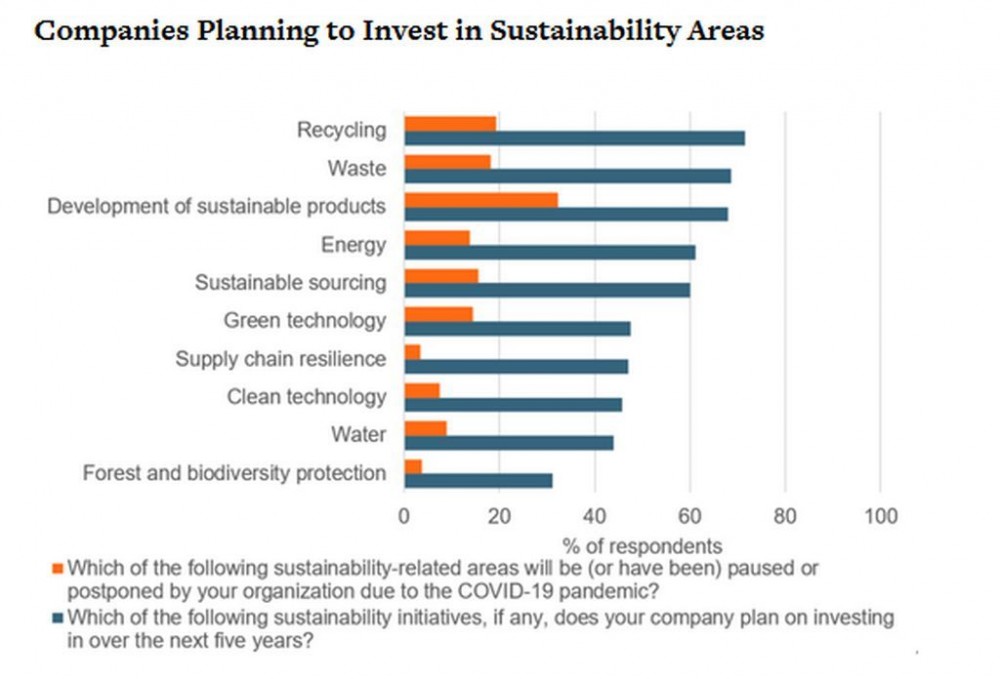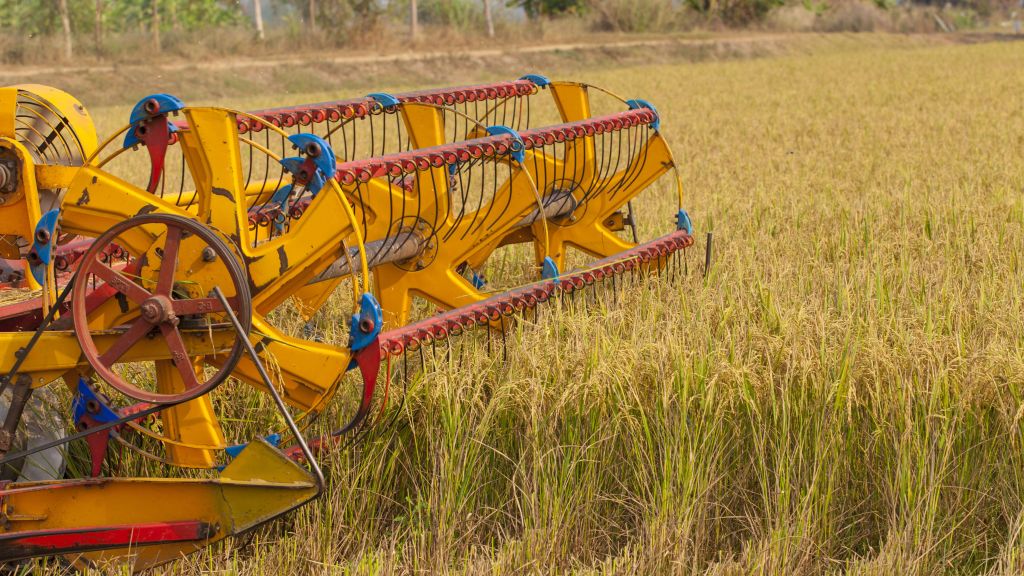The Coronavirus pandemic has sparked a renewed peak of the sustainability agenda in both the public sector and the corporate world. While there are many areas where global action is taking place, we have combined a list of five key trends affecting the sustainability agenda today and going forward.
Private sector joining climate action
Today, for companies it is no longer enough to deliver profits and create value for their shareholders. The need is rising to make a difference in tackling the critical challenges our environment and society are facing. As a result, sustainability is incorporated in companies’ strategies and goals is driving corporate climate action trends beyond 2020.
Companies are striving to reduce their carbon emissions by adjusting their production processes, optimising their energy efficiency and offsetting their carbon footprint. According to Euromonitor’s Voice of the Industry: Sustainability survey, fielded in June 2020, more than 40% of all the respondents globally are planning investments in various sustainability-related initiatives in their company, with waste and recycling being at the top of the potential future investment lists.

Source: Euromonitor International, Voice of the Industry: Sustainability 2020 Survey (June, 2020)
Circular economy
In 2018, China’s ban on plastic waste importation exacerbated the mounting waste problem across the globe. While countries are creating a recycling infrastructure to deal with the situation, moving away from a linear economy towards a Circular Economy is becoming an important trend going forward. Moreover, businesses are changing outdated production models and start-ups are employing new technologies to tackle the looming waste pollution issue. Producers are increasingly implementing a circular design process that considers the full lifecycle of every material and product.
Existing Extended Producer Responsibility (EPR) schemes in packaging and electronics industries, as a policy tool, are already holding manufacturers accountable for the end-of-life impacts of their products. According to Euromonitor’s Voice of the Industry Survey, 62.7% of respondents indicated responsible consumption and production as part of companies’ engagement in the Sustainable Development Goals agenda and 36.1% named sustainable cities and communities another important goal they are working towards.
New age agriculture / regenerative agriculture
Sustainable and smart food sourcing is another vital trend of the future. As agricultural activity intensifies to feed a growing global population, New Age/Regenerative agriculture is among the key sustainability trends going forward.
The backbone of regenerative agriculture is a focus on strengthening the health and vitality of farm soil. Regenerative farming practices are also important in linking soil conservation to the food security of a country. According to the Food and Agriculture Organization of the United Nations (FAO), sustainable soil management can help increase a country’s food production by 58%.
As farmers have started understanding the value of productive soil, tools such as no-till, cover crops, soil amendments, and others are increasingly gaining popularity in farming circles. Furthermore, healthy soil also contributes to carbon emissions reduction. New Age agriculture includes farmers going beyond just providing sustainable agricultural produce, but also taking care of ecosystems that have been adversely affected by agriculture.
Clean water availability
According to the UN, in 2019 over two billion people...........................................................................................................................
The article is property of Euromonitor International, a market research provider, and can be read in full here.


































